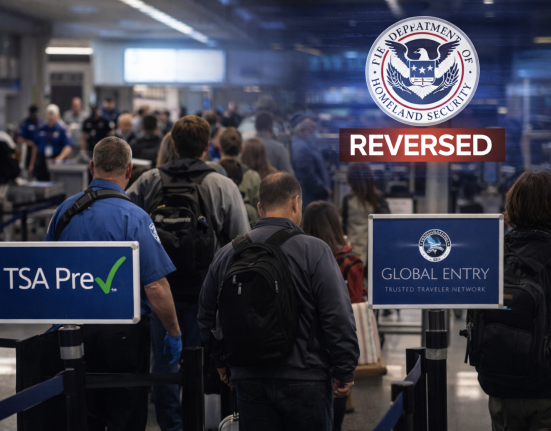Overview
On July 8, 2025, Democratic Senators Alex Padilla (California) and Cory Booker (New Jersey) introduced the VISIBLE Act, a legislative proposal aimed at banning Immigration and Customs Enforcement (ICE) and other federal immigration agents from wearing non‑medical face coverings—such as masks or balaclavas—during public enforcement operations (theguardian.com).
Catalyst and Key Provisions
The bill emerged in response to disturbing incidents in which masked ICE agents, driving unmarked vehicles, arrested individuals—sometimes without identifying themselves or displaying official credentials. These encounters drew sharp comparisons to kidnappings (theguardian.com).
The VISIBLE Act mandates that officers from ICE, the Department of Homeland Security, and any other agencies executing immigration enforcement in public must:
- Clearly display their agency affiliation and either name or badge number
- Prohibit non‑medical face coverings (like masks or balaclavas) that obscure identities
- Allow exemptions only for narrowly defined scenarios, such as:
- Use of gas masks during crowd control
- Covert or non-public operations (theguardian.com)
Supporters’ Position
Advocates argue the bill enhances transparency, accountability, and public trust—especially in communities disproportionately affected by immigration enforcement. Senator Padilla, recounting a personal confrontation during a press availability, emphasized how masked agents in unmarked cars caused confusion and fear, making it impossible for people to verify legitimacy (theguardian.com).
A formal inquiry, co-signed by Padilla and 13 other Senate Democrats, criticizes ICE’s anonymity tactics as strategies to “engender fear and sow chaos,” while allowing agents to dodge accountability (theguardian.com).
Opposition & ICE’s Defense
ICE’s Acting Director, Todd Lyons, defended the use of face coverings, citing serious safety concerns. He highlighted that agents have faced “doxxing” (having personal information exposed online), which has led to threats against them and their families. Lyons stated:
“I’m not going to let my officers … put their lives on the line and their family on the line because people don’t like what immigration enforcement is.” (theguardian.com)
Context and Broader Debate
This legislation is part of a growing national discourse over the militarization of immigration enforcement. Across various jurisdictions—including California and Los Angeles—federal agents have operated in plainclothes, using tactical equipment and vehicles, often without clear identification—practices that critics warn resemble authoritarian regimes .
In California, state-level legislation has also sought to require visible identification for officers covering their faces in public duties (theguardian.com). Meanwhile, similar federal bills have been proposed in Congress (theguardian.com), signaling a broader effort to reinforce civil liberties and accountability.
Implications
- For communities: If passed, the VISIBLE Act would require agents to openly identify themselves, potentially easing public fears and reducing misidentification.
- For ICE: The agency would face significant operational adjustments, balancing officer safety with transparency mandates.
- For Congress: The bill enters a highly polarized environment, where gun-safety, immigration, and enforcement policies are fiercely contested.
Conclusion
The VISIBLE Act seeks to curb masking tactics in public immigration actions, aiming to rebuild community trust by enforcing clear identification and accountability. However, ICE’s security concerns ensure a challenging legislative pathway. This bill reflects a broader effort to check the widening power of federal enforcement and address long-standing transparency issues in immigration operations.
🔗 Read the original article:
https://www.theguardian.com/us-news/2025/jul/08/ice-agents-masks-bill-democrats








Leave feedback about this
You must be logged in to post a comment.